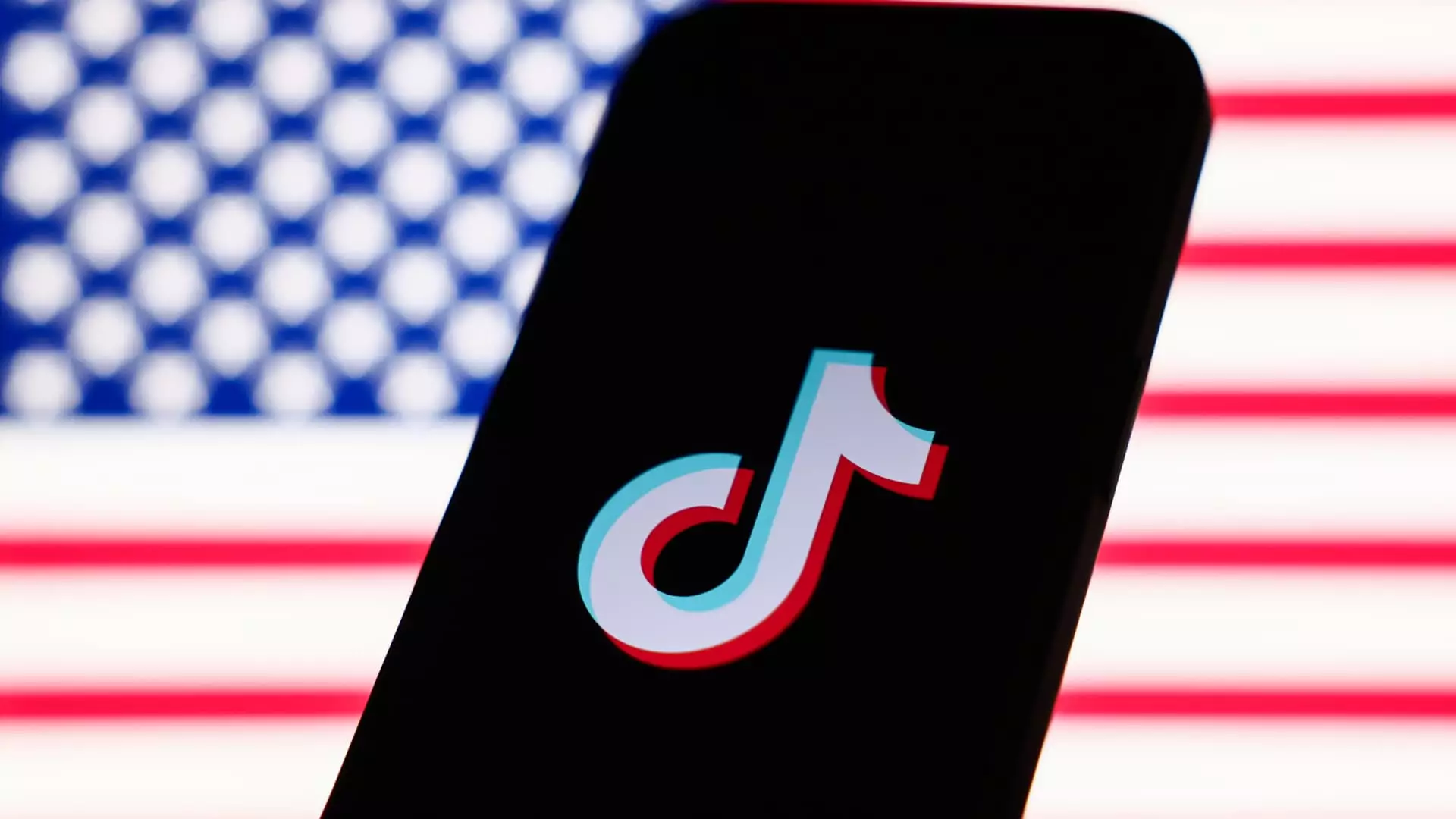In recent months, the fate of TikTok’s U.S. operations has been a topic of intense speculation, not only in the tech industry but also in the broader economic landscape. As the potential threat of a ban looms due to national security concerns, the stakes continue to rise for one of the world’s most popular social media platforms. Industry leaders, including the likes of Elon Musk, could be facing the prospect of investing tens of billions of dollars should ByteDance, TikTok’s parent company, decide to sell its U.S. unit. However, various factors are impacting the potential sale’s feasibility and valuation.
At the crux of the situation is the U.S. Supreme Court’s impending decision regarding a national security law that could penalize platforms like TikTok, owned by a Chinese firm. A ruling in favor of this law would allow service providers, including tech giants like Apple and Google, to face significant consequences for allowing TikTok to operate post-deadline. This backdrop of regulatory uncertainty is causing a ripple effect not only for user experience but also for potential investors. While ByteDance has so far been reticent about selling TikTok’s U.S. operations, the Chinese government has reportedly floated various scenarios, including a bid from Musk—a move that would capture both public and media attention.
Experts continue to analyze TikTok’s market positioning amid fluctuating estimates for its U.S. operations’ worth. Initially valued around $60 billion, recent evaluations have plummeted, with CFRA Research Senior Vice President Angelo Zino suggesting a more sobering figure in the ballpark of $40 billion to $50 billion. This depreciation can largely be attributed to the geopolitical tensions surrounding the app and a general contraction in industry valuation multiples. For context, TikTok boasts approximately 115 million monthly mobile users in the U.S., positioning it just behind Instagram, which has 131 million users.
However, this position may not be enough to safeguard its valuation. Factors such as growth potential, advertising capabilities, and user engagement could all play critical roles in how investors perceive TikTok’s worth. Analysts from Bloomberg Intelligence have further weighed in, evaluating TikTok’s operations in the United States at around $30 billion to $35 billion, citing the challenges posed by a forced sale as a significant determinant in the valuation drop.
The Competition for Buyers
A significant hurdle involving any prospective sale is the complicated regulatory environment that surrounds TikTok. Potential buyers would not only have to navigate financial aspects but also the public relations nightmare that could ensue from acquiring a platform embroiled in national security accusations. As a result, the task of finding a buyer with sufficient financial backing and an appetite for regulatory scrutiny becomes increasingly daunting.
Among the notable bidders is a consortium led by billionaire Frank McCourt and O’Leary Ventures’ Chairman Kevin O’Leary, who have expressed a willingness to invest up to $20 billion. However, this offer notably comes without access to TikTok’s proprietary algorithms—a key consideration for any acquirer faced with the demands of an evolving digital landscape. O’Leary posits that their bid avoids regulatory entanglements, allowing for a more straightforward transaction than one potentially orchestrated by high-profile figures like Musk.
The Path Ahead for TikTok
As the U.S. government formulates its stance on TikTok, the trajectory for its U.S. operations remains uncertain. The company must continuously adapt to not only national security concerns but also business valuation volatility fueled by shifting consumer behavior and intense competition from rival social platforms. Whether TikTok will remain in the hands of ByteDance or be sold to a consortium of private investors hinges on multiple factors: the outcome of the Supreme Court’s ruling, the willingness of potential buyers to undertake regulatory challenges, and the app’s ability to sustain its user base amidst increasing scrutiny.
In the fast-paced world of technology and social media, TikTok’s situation serves as a cautionary tale of how geopolitical tensions and user sentiment can have far-reaching implications for even the most successful enterprises. As the deadline approaches, all eyes remain fixed on TikTok—a platform that is as entertaining as it is precarious.



Leave a Reply